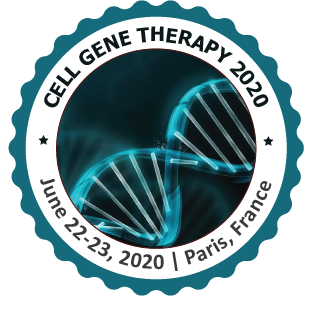
Iftikhar Qayum
Rehman Medical Institute, Pakistan
Biography
Ever since epigenetic pathways were discovered as one of the major gene control mechanisms, researchers have hoped that this approach will prove to be the cornerstone of therapy for control, prevention, and eradication of malignant diseases, as well as the cancer genotype. Research has been hampered for technical reasons, as well as the lack of precisely targeting specific genes of interest in living cells. In recent years, though, both of these hurdles have been significantly overcome, thereby offering the possibility of a breakthrough in the fight against cancer. It has been conclusively shown that hallmark epigenetic alterations (aberrant methylation patterns) in cells may precede malignant transformation and in fact may promote the development of the cancer genotype by altered gene expressions, dysregulation, and mutations. Such discoveries have led to a crucial role for epigenetic markers as important components of the toolkit for early cancer diagnostics and prognostics.
This paper will present a brief overview of the significant milestones in epigenetic research, as well as the more recent attempt to provide targeted interventions based on recently developed focused systems. The gamut of epigenomic interventions range from epigenomic drugs through RNA interference to specific guided methylation reprogramming based on CRISPR and similar DNA editing systems. Though initial results of planned interventions border on success rates around a limit of 50% reduction in predicted cancer targets, the promise of improved successful yields based on integration with personalized precision medicine are emerging, as more useful knowledge is gained from high throughput genomic studies and database analyses.
Abstract
Abstract : Epigenetic interventions for control of malignancy: an overview

